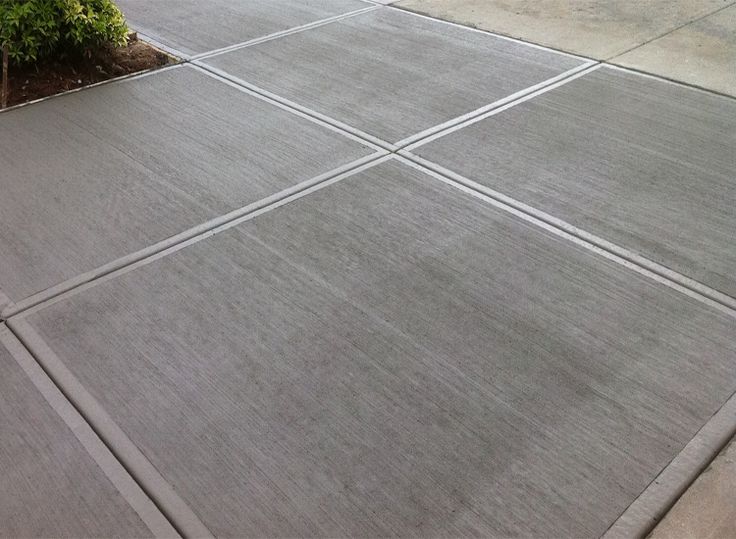Concrete driveways in New York City are a popular choice for their durability, strength, and low maintenance. However, the harsh NYC winters, constant traffic, and natural wear can lead to cracks, potholes, and surface discoloration. While these issues might seem daunting, repairing a concrete driveway is manageable with the right approach. Whether you’re a homeowner or a property manager, this comprehensive guide will walk you through how to restore your driveway’s functionality and appearance.
Understanding Common Concrete Driveway Problems
- Cracks
Cracks are the most common issue in concrete driveways. They occur due to weather fluctuations, tree roots, or settling of the ground beneath the driveway.
- Potholes
Potholes can develop when small cracks are left untreated and water seeps in, weakening the underlying structure.
- Spalling
Spalling, or flaking, occurs when the surface layer of concrete peels away due to freeze-thaw cycles or de-icing chemicals.
- Stains and Discoloration
Oil spills, grease, or natural weathering can cause surface stains, detracting from your driveway’s aesthetic appeal.
Steps to Repair a Concrete Driveway in NYC
- Assess the Damage
Start by evaluating the extent of the damage.
- Small cracks (less than ¼ inch): Easily repairable with fillers.
- Larger cracks or potholes: Require more substantial repair techniques.
- Spalling or stains: Surface treatments may suffice.
- Gather Tools and Materials
Depending on the damage, you may need:
- Concrete patching compound or filler
- Crack sealant
- Concrete resurfacer
- Trowel, putty knife, or float
- Pressure washer
- Protective gear
- Clean the Surface
Thorough cleaning is essential for effective repairs. Use a pressure washer to remove dirt, debris, or grease. For oil stains, apply a degreaser and scrub the area with a stiff brush.
- Repair Cracks
Small Cracks:
- Use a crack filler or concrete caulk.
- Insert the filler into the crack using a caulking gun or trowel.
- Smooth the surface and allow it to cure as per manufacturer instructions.
Large Cracks:
- Widen the crack slightly with a chisel to create a clean edge.
- Remove loose debris.
- Fill the crack with a concrete patching compound.
- Smooth the surface with a trowel.
- Fix Potholes
- Remove loose or crumbled concrete around the pothole.
- Apply a bonding agent to ensure the new material adheres properly.
- Fill the pothole with a concrete mix and compact it using a tamper.
- Level the surface with a trowel and let it cure.
- Address Spalling
- Remove loose or flaking material with a wire brush or grinder.
- Apply a resurfacer to the affected area.
- Use a trowel to create a smooth, even surface.
- Resurface the Driveway (Optional)
If the driveway has widespread damage or uneven coloring, resurfacing can rejuvenate it.
- Mix a concrete resurfacer according to package instructions.
- Pour it onto the driveway and spread it evenly with a squeegee.
- Allow it to cure, ensuring a consistent, like-new finish.
Tips for Long-Lasting Repairs
- Seal Your Driveway: Apply a high-quality sealer to protect against water penetration and staining.
- Regular Maintenance: Sweep the driveway regularly and address small cracks or stains promptly.
- Proper Drainage: Ensure water doesn’t pool on the surface, which can weaken the concrete over time.
- Avoid Harsh Chemicals: Minimize the use of de-icing salts, which can degrade concrete surfaces.
When to Call a Professional
While DIY repairs are effective for minor issues, some situations call for professional help:
- Extensive cracking or structural damage.
- Driveways requiring complete resurfacing or replacement.
- Concerns about drainage or foundational stability.
Hiring a skilled contractor ensures the use of high-grade materials and advanced techniques, providing a lasting solution.
Conclusion
Repairing a concrete driveway in NYC requires a combination of careful assessment, the right materials, and a systematic approach. Addressing damage early can save significant costs and prolong the life of your driveway. Whether you choose to tackle the project yourself or enlist the help of a professional, maintaining your driveway ensures safety, enhances curb appeal, and adds value to your property.
